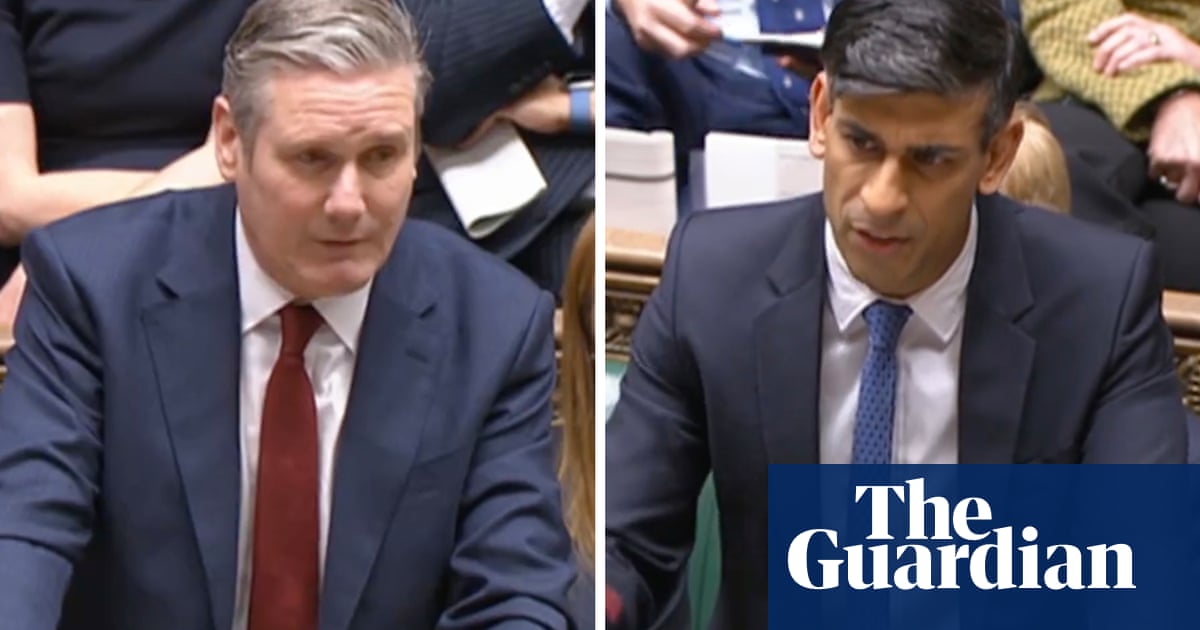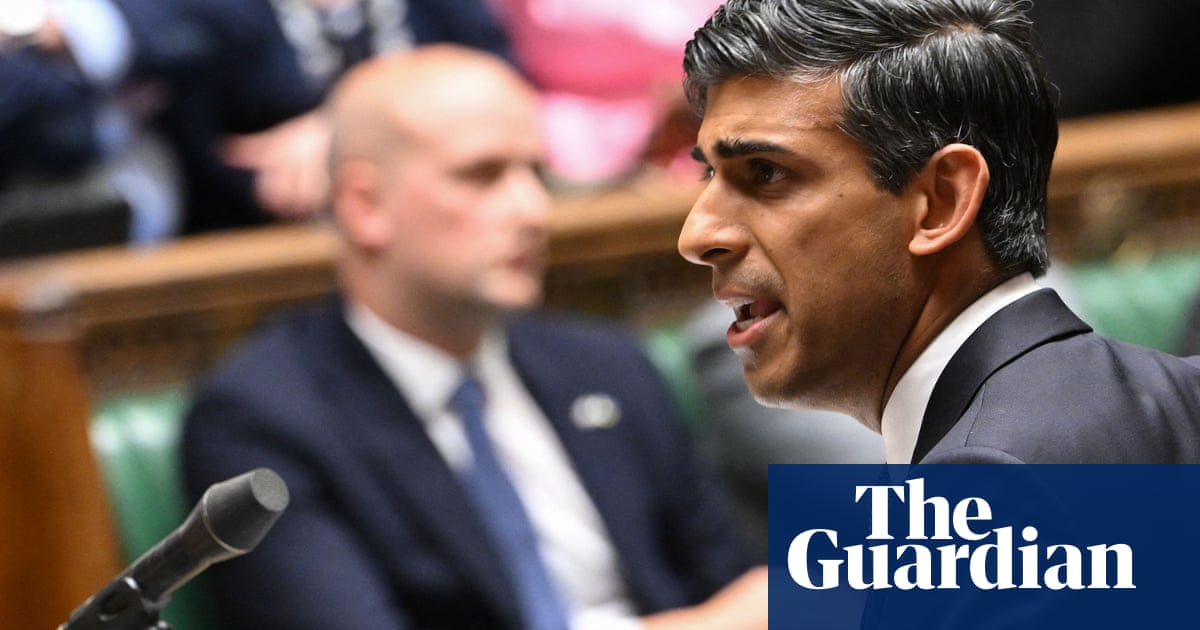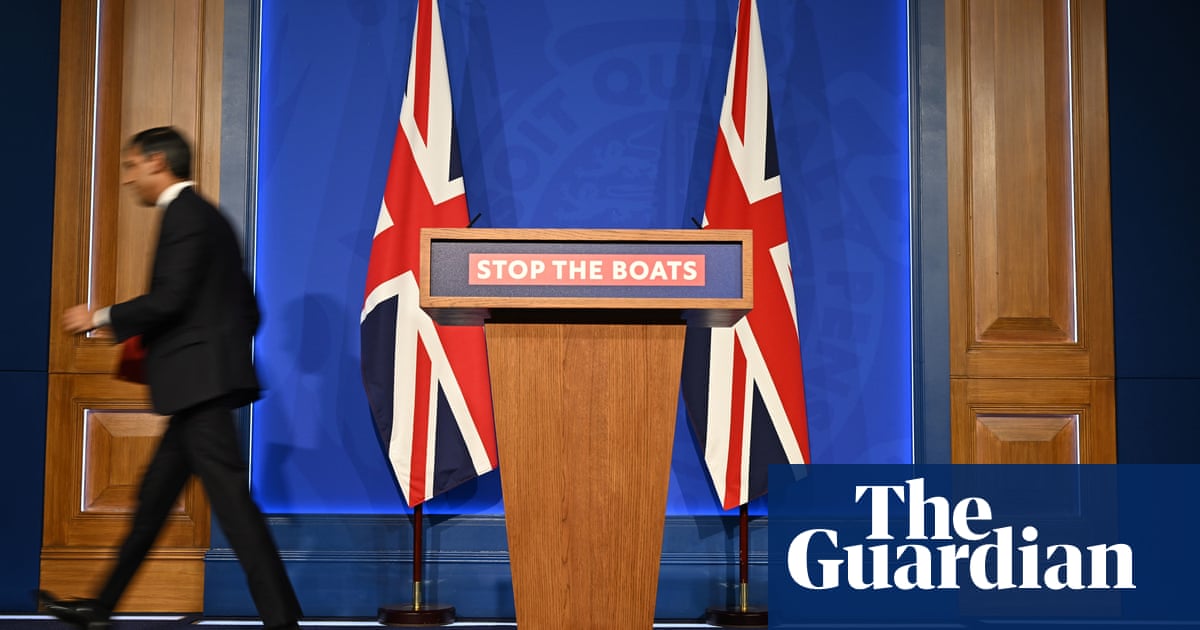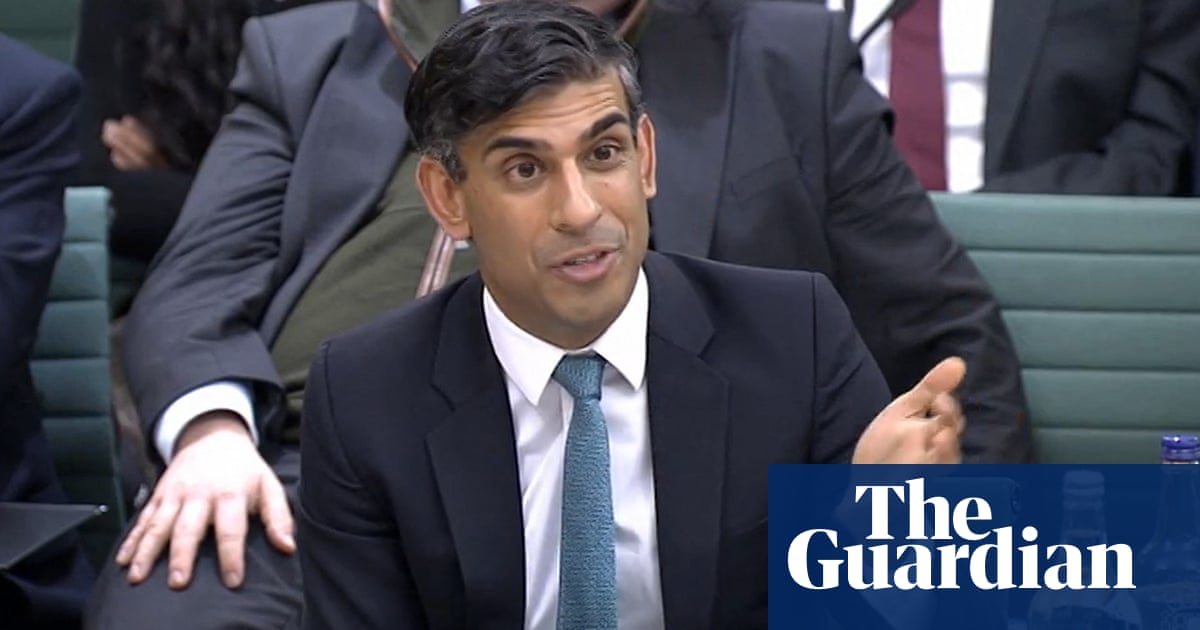
Rishi Sunak’s government has been accused by Keir Starmer of giving Rwanda “hundreds of millions of pounds for nothing in return” following the signing of a deportation treaty.
In a clash at prime minister’s questions, the Labour leader mocked the treaty, signed on Tuesday, saying the Rwandan government of President Paul Kagame had seen the prime minister coming “a mile off”.
They spoke as MPs prepared to hear a personal statement from the former home secretary Suella Braverman on Wednesday afternoon in which she was expected to heavily criticise Sunak’s immigration plans.
After her sacking, Braverman wrote an excoriating letter to Sunak in which she accused him of “magical thinking” over his approach to stopping migrants crossing the Channel.
The Conservatives are facing deep internal divisions after a ruling from the supreme court last month saying the government’s plans to send asylum seekers to Rwanda were unlawful. An emergency bill that is meant to ensure that flights take off for Rwanda is expected to be presented to MPs shortly.
The Labour leader said in the Commons that Sunak had not read the details of the new Rwanda agreement. “Annexe A says on top of the £140m he has already showered on Rwanda, when we send people there under this treaty we have to pay for their accommodation and their upkeep for five years. That is not all, this morning a government minister admitted that anyone we send to Rwanda who commits a crime can be returned to us.”
Referring to claims that James Cleverly called the plan “batshit”, Starmer added: “I am beginning to see why the home secretary said the Rwanda scheme was something to do with ‘bat’, I think, was it?
“What does he first think attracted Mr Kagame to hundreds of millions of pounds for nothing in return?”
Earlier, a minister said a “small number” of asylum seekers sent to Rwanda could be readmitted to Britain if they claimed their human rights had been breached, a minister has acknowledged.
The Home Office minister Chris Philp said the Rwanda treaty signed by Cleverly had addressed all concerns raised by the UK supreme court, including that asylum seekers would not be sent from Rwanda “to some other unsafe place”.
Asked if there was a cap on how many people who claimed mistreatment would be accepted back in to the UK, Philp told Times Radio: “I think it’s a very, very small number of vulnerable refugees that we might be able to help.”
Philp said the new agreement included “enhanced monitoring arrangements” to ensure the scheme was properly implemented, with an independent committee, including a leading KC and a former senior official from the UNHCR, to oversee the implementation of the treaty and make sure the terms were adhered to.
The minister refused to spell out what would happen if Rwanda did not abide by the terms of the treaty, noting it would be laid out in the new bill, which could be published as soon as this week.
Philp also acknowledged that asylum seekers sent to Rwanda who went on to commit a crime could end up being returned to the UK. “There is a possibility that after serving a prison sentence they could be returned here,” he said.
The government’s hope was for the new bill – expected to be announced in the “coming days” – to make sure courts could not “unpick this approach”, Philp said.
Philp echoed concerns raised by Cleverly, who said he had been uncomfortable with some of the criticism directed at Rwanda.
Philp said: “The sort of implied tone of some of the commentary over the last year or so in relation to Rwanda has sort of implied that Rwanda is not a reasonable country, and that is, I think, unfair on Rwanda.”
Sunak has said that whatever form the new legislation takes, it will be sufficient to deal with the supreme court’s objections in time for flights to begin taking off by next spring.
On whether deported asylum seekers would return to the UK and be free, Philp told LBC: “Firstly, that is a person who, without the Rwanda treaty, would have been in the UK anyway.
“And secondly, if that happened and it is getting very, very limited circumstances, after a prison sentence, if anyone did end up coming back here, which is pretty unlikely, but if they did, we would then look to return [them] to their own country of origin, which we would do where someone is not conducive to the public good under the 1971 Immigration Act.”












